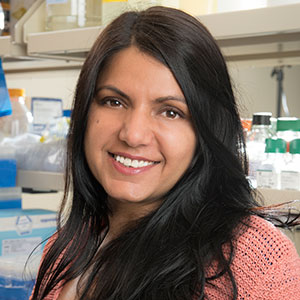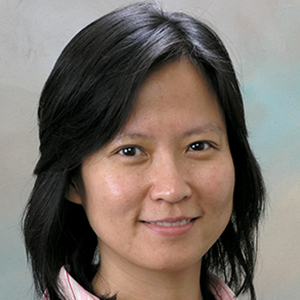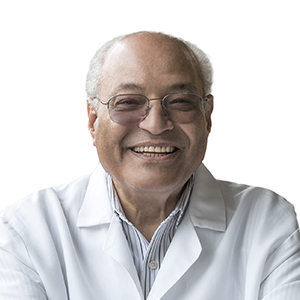Department of Translational Research & Cellular Therapeutics

Our Research Highlights
- Islet Cell Transplantation: City of Hope is conducting clinical trials to study the safety and effectiveness of islet transplantation as a treatment for type 1 diabetes. City of Hope performed its first islet transplantation in 2004 and has performed more than 50 procedures since then. Learn more about current islet transplantation clinical trials. Ongoing research in our labs is focused on improving techniques for preparing, storing, testing and supporting human islet cells to improve patient access to islet transplantation and support lab research around the world.
- Islet Cell Imaging: Imaging islet cells within the body is greatly needed to understand the mechanisms that cause type 1 diabetes and monitor islet cells following treatment interventions, like islet transplant. New cell-imaging approaches developed at City of Hope have been used to track islet cell survival and function in animal models and have been successfully applied in a human case of pancreatic tumor.
- Using stem cells to create new sources of insulin-producing cells: Scientists in our labs are training different types of stem cells to produce insulin, with the goal of creating additional sources of cells that could support insulin-dependent diabetes patients.
- Cost-effective Diabetes Management: There is a global need for a low-cost solution to simplify diabetes management and minimize time spent on expensive and unstructured treatment plans. City of Hope is collaborating with diabetes clinicians and scientists in Europe to develop the ADAMS (Adaptive Diabetes Algorithm Managements System) software. ADAMS is designed to generate an automated, interventional treatment plan tailored to each patient. It takes into account culturally relevant dietary and behavioral issues and has the potential to streamline the efficiency of diabetes care around the world.
Faculty and Researchers

Sangeeta Dhawan, Ph.D., is an associate professor in the Department of Translational Research & Cellular Therapeutics within the Arthur Riggs Diabetes & Metabolism Research Institute.
Fouad R Kandeel, M.D., Ph.D., is the director of the Islet Cell Transplantation Program and Arthur D. Riggs Distinguished Chair in Diabetes & Metabolism Research at City of Hope.

Teresa Ku, Ph.D., | Associate Professor, Translational Research & Cellular Therapeutics | City of Hope

Yokio Mullen, M,D., Ph.D., is a Research Professor in the Department of Translational Research and Cellular Therapeutics.

Ben Hung Ping Shih, Ph.D., is an associate professor at City of Hope's Arthur Riggs Diabetes & Metabolism Research Institute.

Rupangi Vasavada, Ph.D., is an associate professor in the Department of Translational Research & Cellular Therapeutics

Jiing Kuan Yee, Ph.D., is a professor, researcher and is expert in the development of genome editing for disease modeling and cell-based therapy at Beckman Research Institute of City of Hope.
